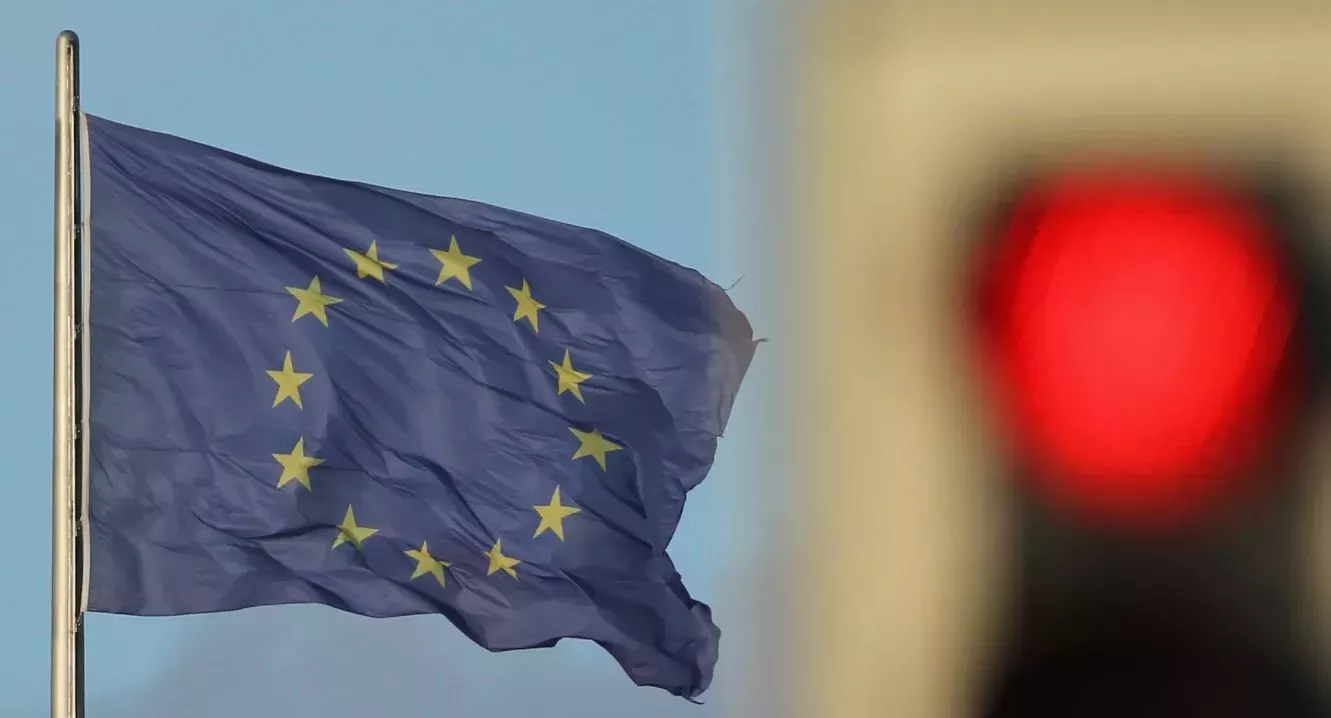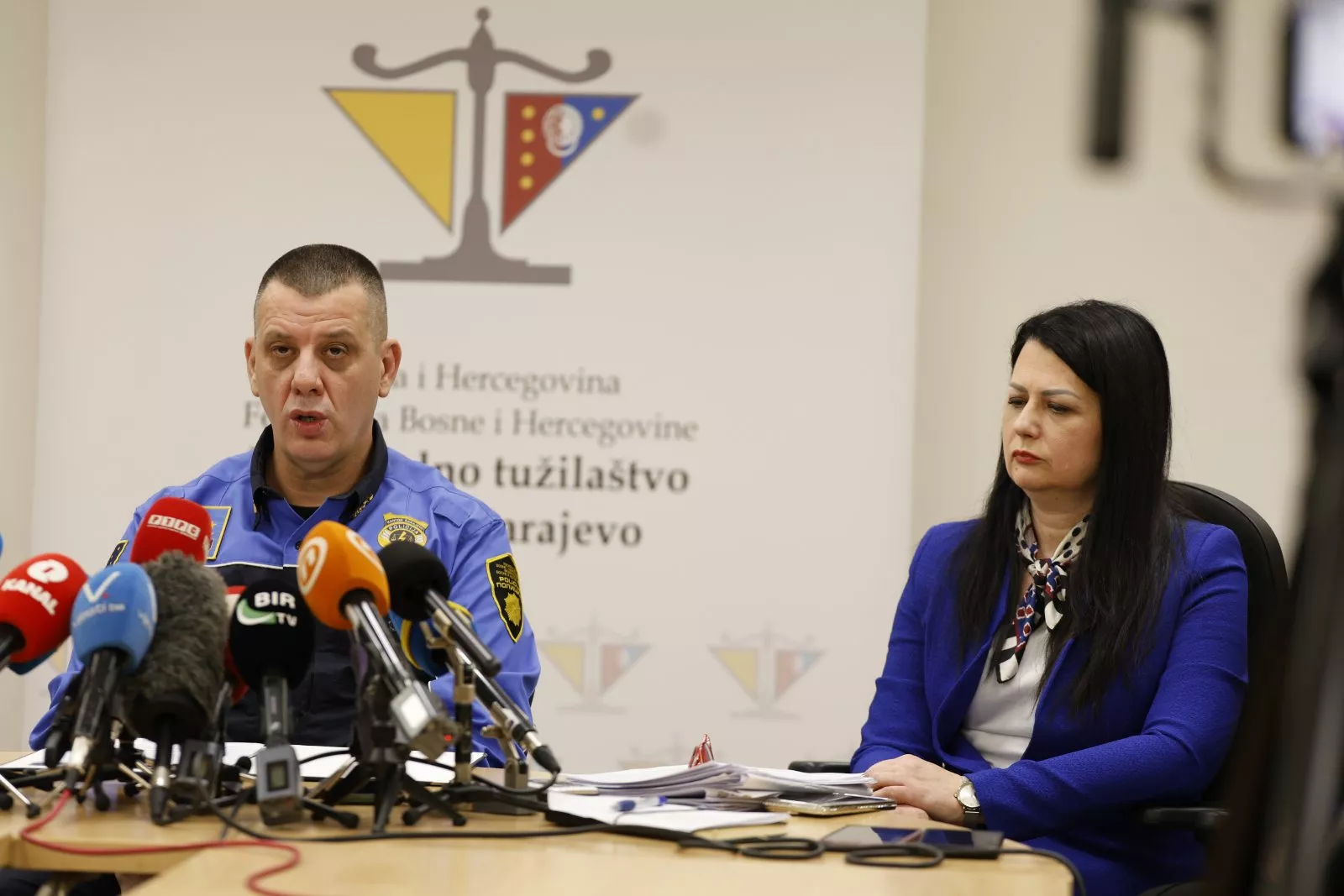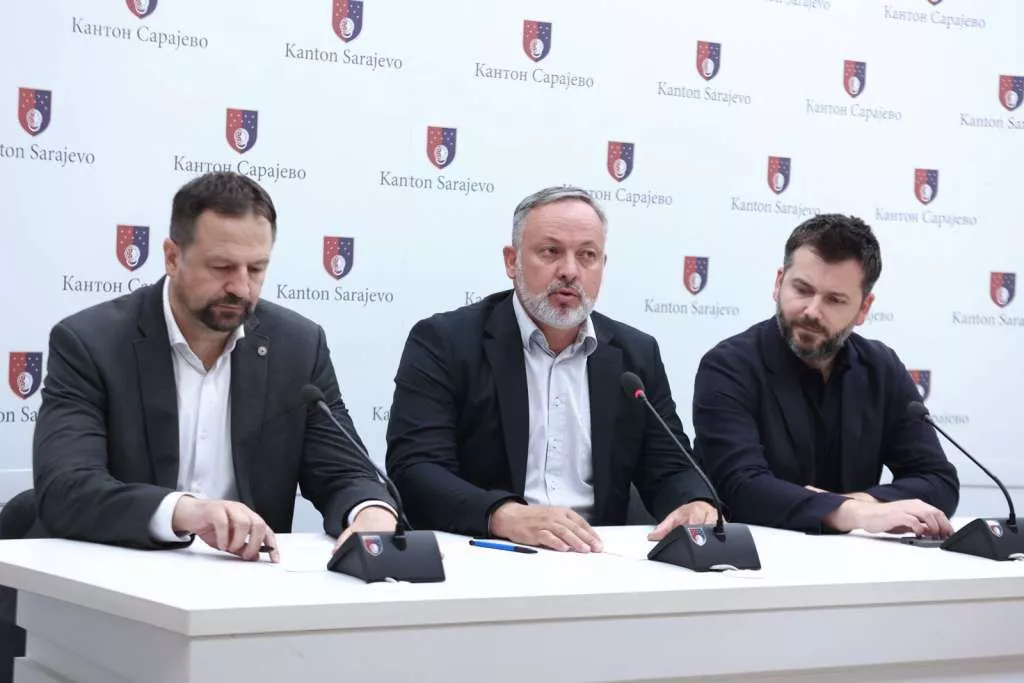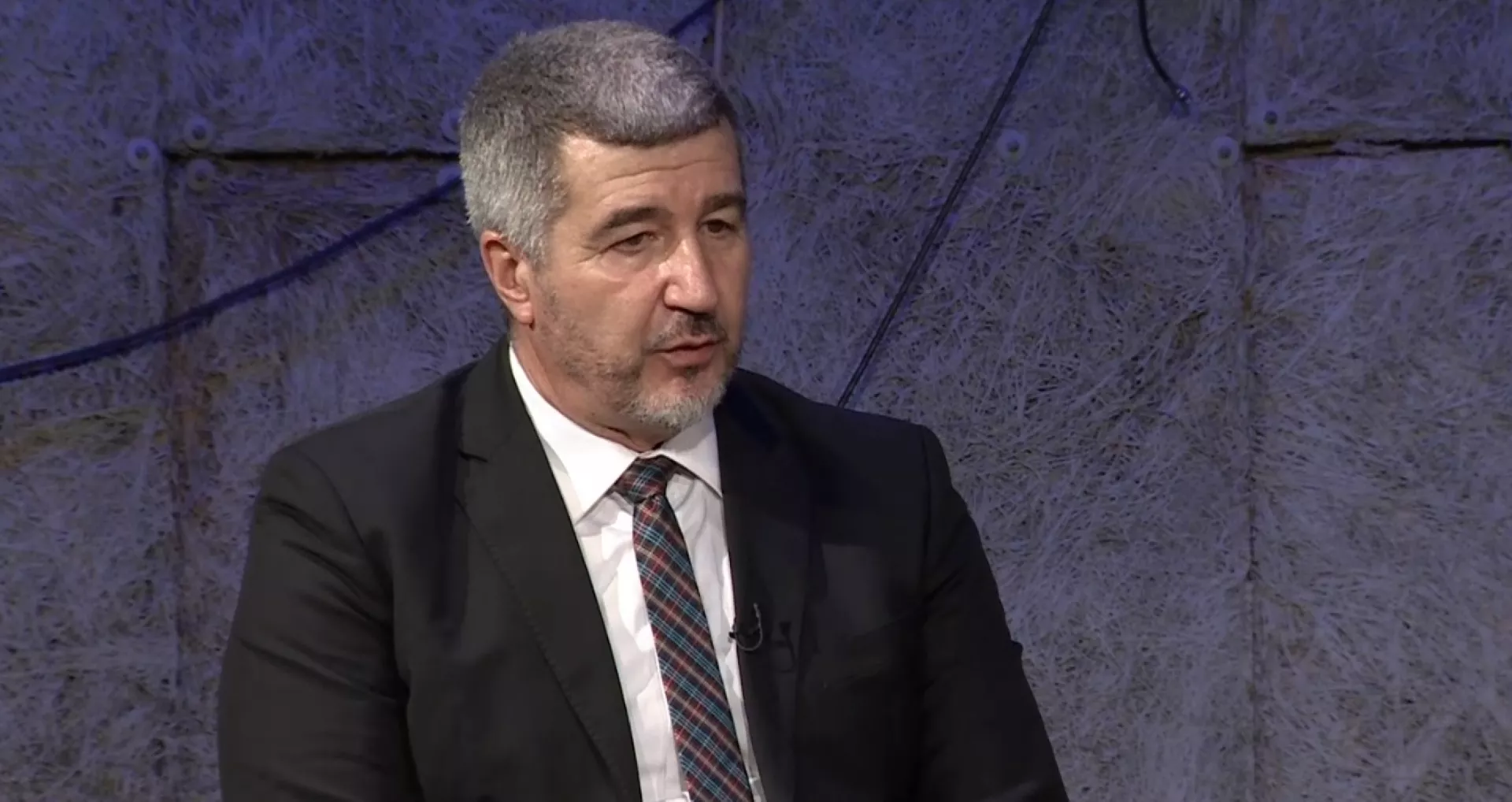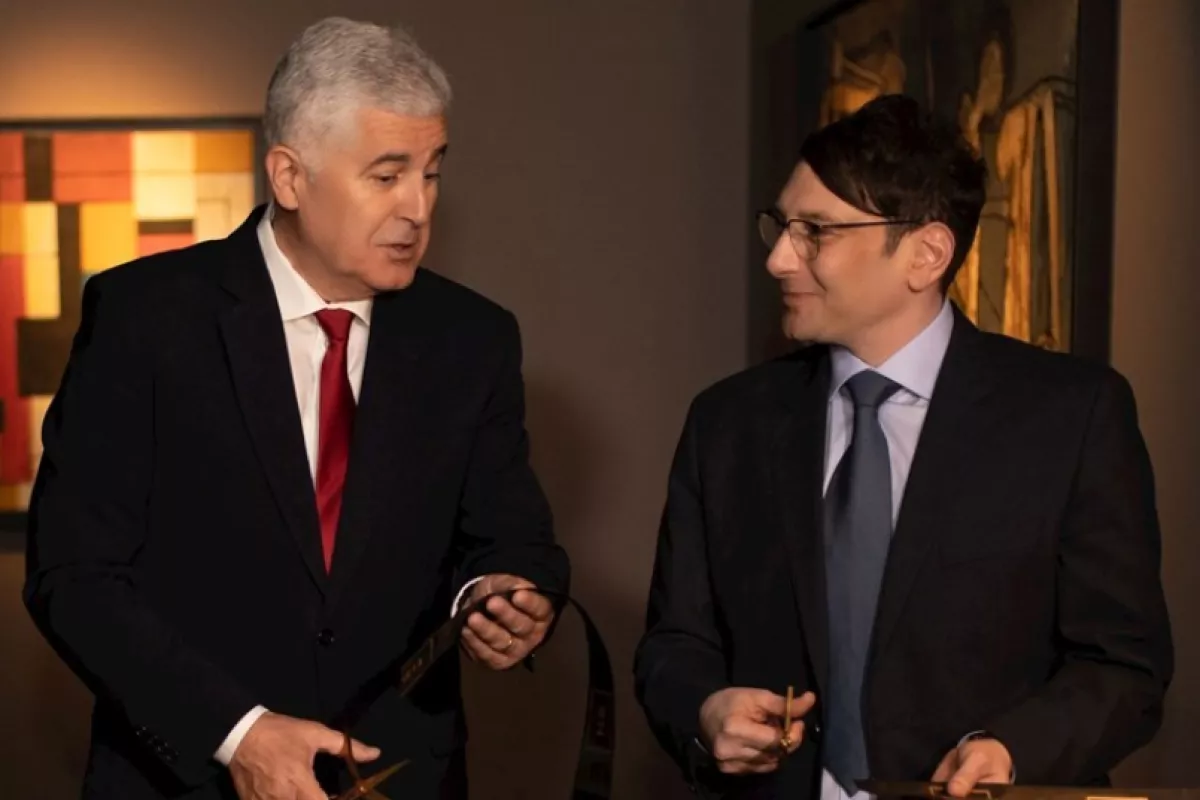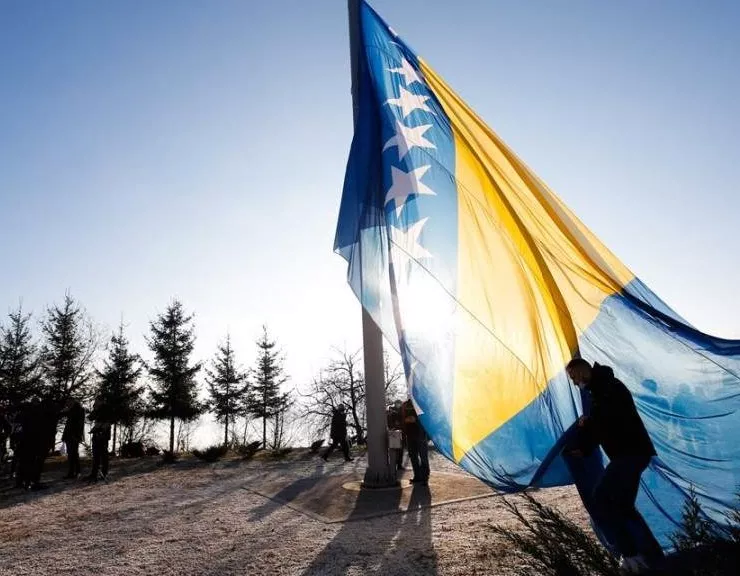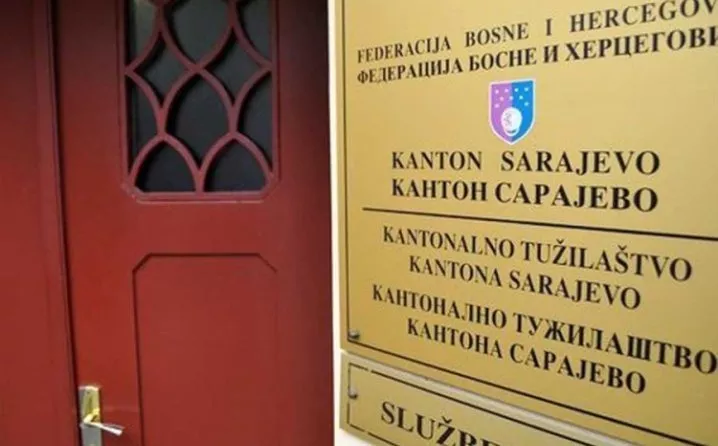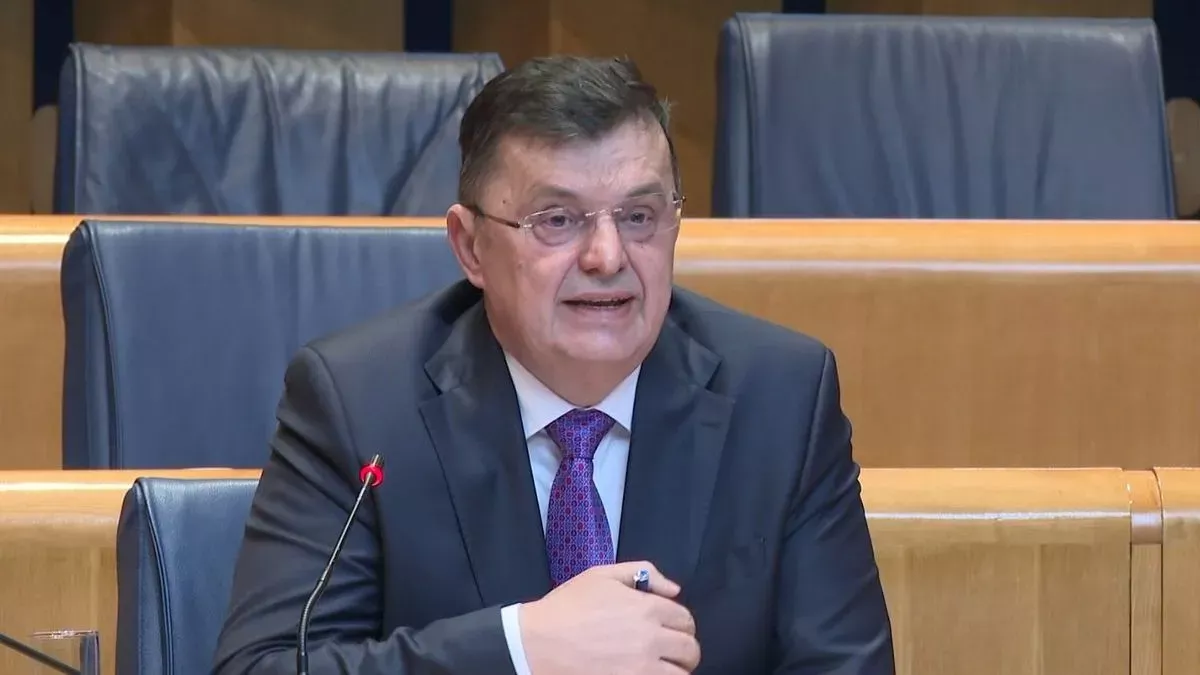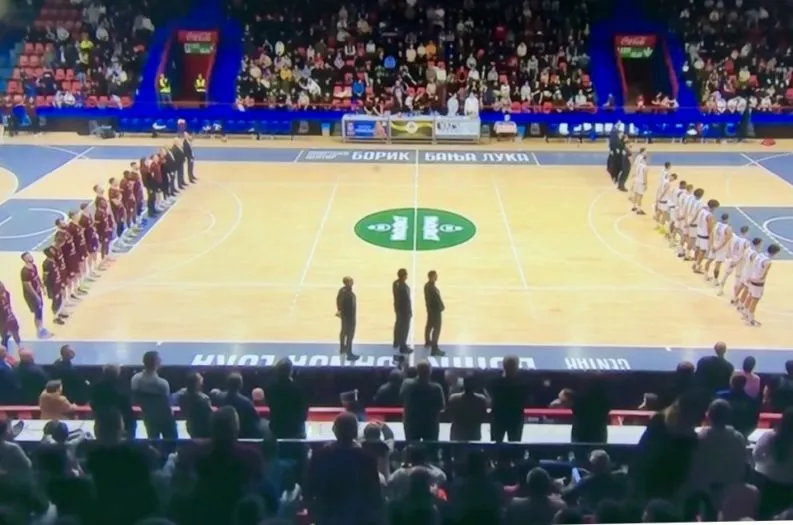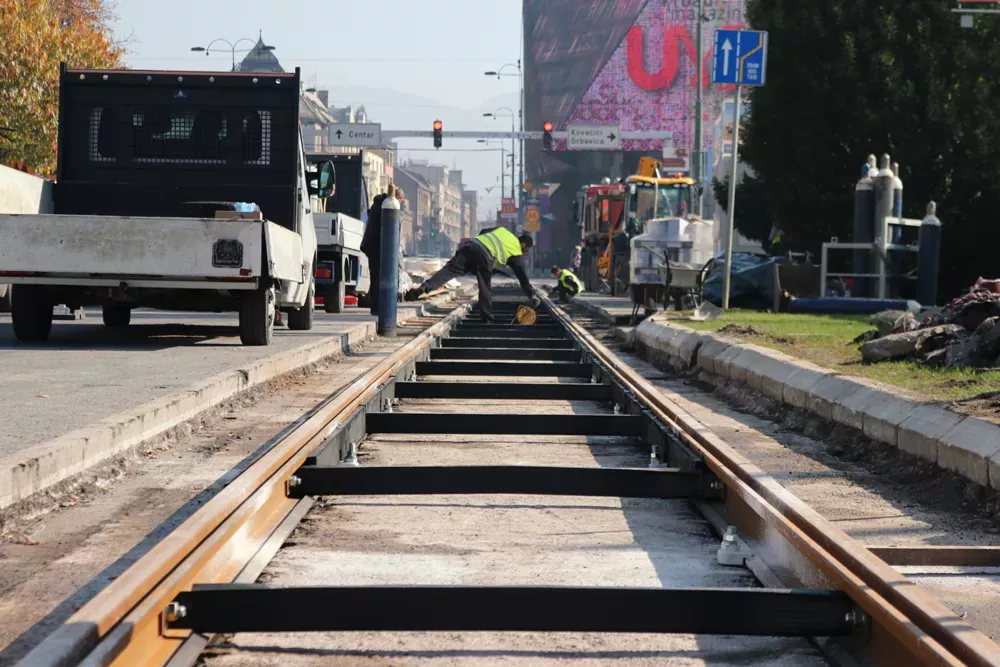

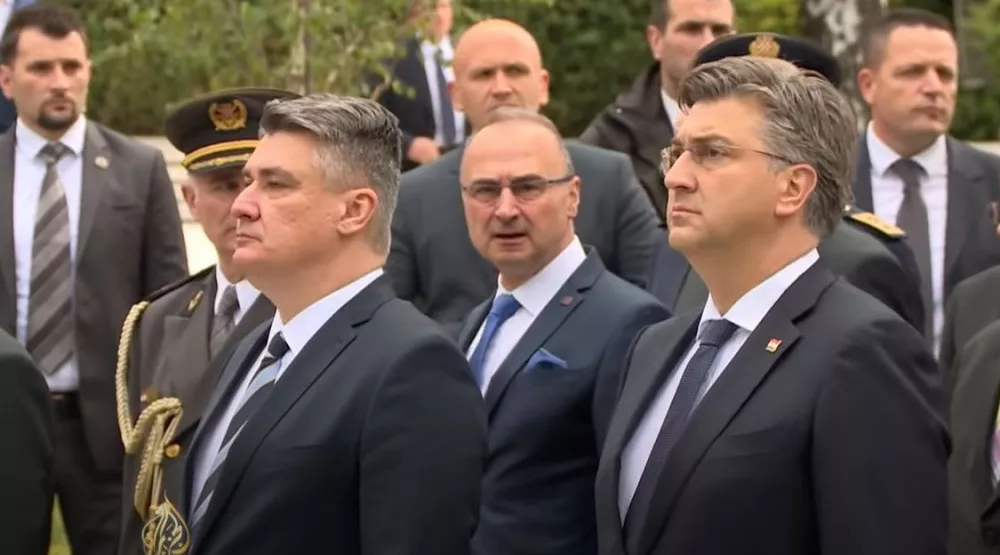
By: Amina Čorbo - Zećo
In the sea of eccentric statements by the President of the Republic of Croatia Zoran Milanović, the eye of a careful observer of political events could not miss the fact that Milanović, no less, called on Croatian Prime Minister Andrej Plenković to interfere in the elections in Bosnia and Herzegovina.
‘I ask Plenković how he intends to help Croats at the next year elections for the House of Peoples, which is the only lever of protection of vital interests that Croats used two to three times at most, so that those who are Croats that day, never before, never later – are not elected, those who do not even hide that they are not ethnically Croats and the members of that community who come from the cantons in which there are no Croats, yet they have a quota, and who are elected by Bosniaks.
They are not the representatives of the Croat people. That is perverting the logic and spirit of Dayton. To take your right and then wipe the floor with it.
That is a much bigger problem than the Presidency, which is a symbolic thing’, said Milanović. Clearly, Milanović has come to realize that real power in political relations within Bosnia and Herzegovina is exercised through the Houses of Peoples which have (given the very widespread mechanism of protection of so-called vital national interest) a greater legislative power in relation to the House of Representatives (civic).
Also, Milanović realizes that only Čović's and HDZ's dominance in the House of Peoples (where it is necessary to have 12 out of 17 delegates in the Club of Croats) guarantees that they will be
in power in the Federation and at the state level.
If it happens that pro-Bosnian or civic parties leave the parties of the so-called HNS to 11 delegates in the Club of Croats in FBiH, then it would mean that the parties of the so-called HNS do not have a blackmail mechanism, that is - the means of blackmail by which the formation of government in the FBiH and at the BiH level is conditioned by the fact that they minimally ask for (and always get) half of the government in the FBiH and a third of the government at the BiH level, although the parties of the so-called HNS as a rule, do not receive even half of the number of votes received by the majority of civil parties (SDP, DF, NS).
Therefore, Milanović's fear is understandable that these parties could elect pro-Bosnian Croats to the FBiH House of Peoples and the BiH House of Peoples through the cantonal assemblies,
which would permanently change political relations in favor of the state of Bosnia and Herzegovina, because the government could be formed without leading party from HNS, that is, without HDZ, or with minimal participation of HDZ in the government, which then could not be a problem, a brake, let alone a strong ally of Greater-Serbia policy in BiH.
What is interesting, though, is that despite these facts, no one from the pro-Bosnian parties has so far questioned the fact that the president of neighboring Croatia is openly calling on his prime
minister to interfere in the election process in Bosnia and Herzegovina.
Such an invitation is in itself scandalous, because in diplomatic practice and international relations it is completely unthinkable to call for interference in the election process of another state.
The way in which Milanović and Plenković are trying to ‘help Croats’ by trying to find the best way for Croatia to interfere in the election process in Bosnia and Herzegovina, best explains the
nature of the support coming from Croatia to the parties of the so-called HNS, regarding the alleged urgency of changes to the Election Law.
After all, it is exactly this approach that reveals ‘official Zagreb’, in the face of a bunch of special rapporteurs for BiH that the international community has been sending to Bosnia and Herzegovina in recent months. It is clear that official Zagreb not only wants to have undue influence in BiH, not only wants to set election rules, but actually wants to elect a government in Bosnia and Herzegovina, which is, of course, unacceptable.
That is why the official Zagreb is so nervous. They simply fail to elect and determine in full capacity who will be the government in our country. Judging by the current mood, that capacity will be smaller and smaller. Maybe next year, no one in BiH will really care what Zagreb has to say about when and how the citizens of Bosnia and Herzegovina have the right to choose, and that they don't care what the ‘purger duo Zoki & Plenki’ thinks about it.
